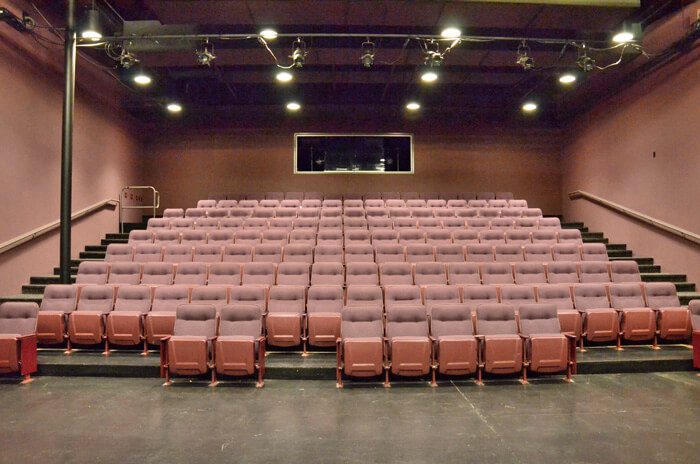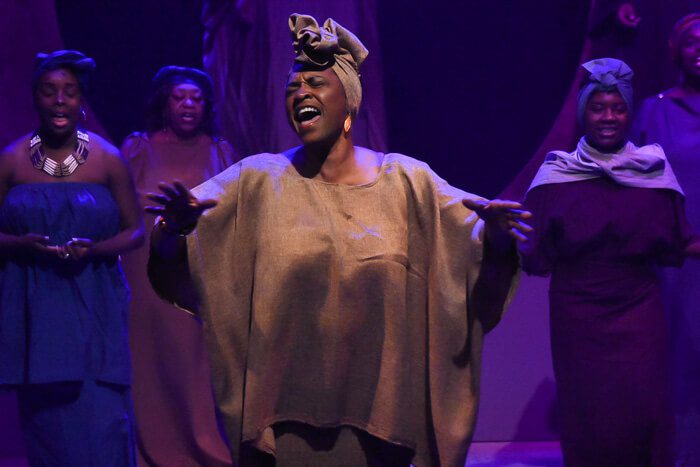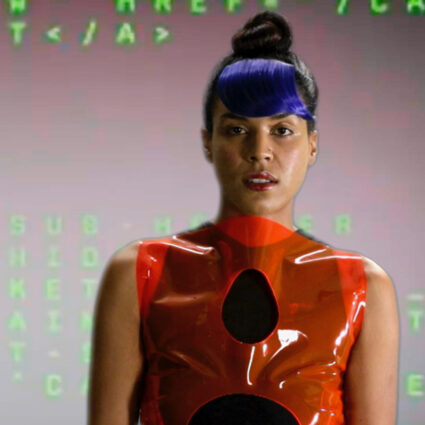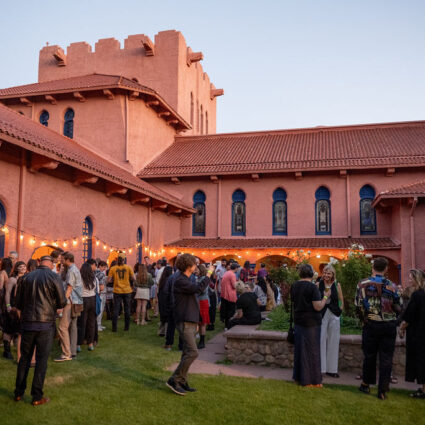The Black Theatre Troupe in Phoenix marks its fiftieth season milestone—and considers making changes moving forward.
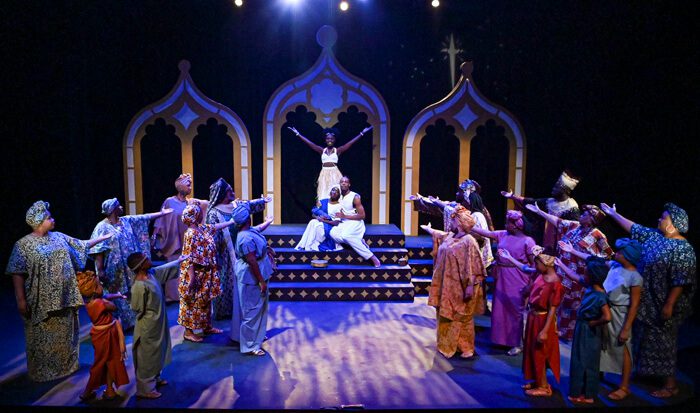
PHOENIX, AZ—A beloved Black Theatre Troupe tradition returns to the stage in December 2021 as the company based in Phoenix, Arizona celebrates its fiftieth anniversary season. For years, the troupe has performed Black Nativity, a retelling of the classic nativity tale written by Langston Hughes, a central figure in the Harlem Renaissance launched just over a century ago.
Founded in 1970, Black Theatre Troupe traces its roots to social unrest and civil rights struggles of the mid-twentieth century as well as the Black Arts Movement of the 1960s and early 1970s, when making art was a form of activism for numerous African American playwrights, poets, and other artists.
“We started from the seeds of unrest,” says David Hemphill, who has served as executive director for the troupe since 1994. “It was a period of racial injustice and social change.”
Black Theatre Troupe was founded by Helen Katherine Mason, who worked in the city’s parks and recreation department. “Riots were rampaging all over the country during the late sixties, and Helen wanted to try and avoid some of the unrest headed our way,” Hemphill explains.
She began by holding rap sessions, giving African American youth a way to communicate through poetry, song, and other forms of creative expression.

Early on, Black Theatre Troupe performed in various spaces, including the synagogue—which sits in a section of the Evans Churchill neighborhood dubbed the Roosevelt Row arts district—where Steven Spielberg’s bar mitzvah took place.
Mason died in 2003, but her legacy continues inside the Helen K. Mason Performing Arts Center, a space created through a 2006 city bond and first opened in 2013. Along with the Phoenix Art Museum, it’s one of eight cultural facilities currently managed by the city.
The 15,500-square-foot building, which seats about 150 people, is located at 1333 East Washington Street, along a light rail line distinguished by its public art offerings. Outside, there’s a mural painted by Amanda Adkins; inside, patrons see artworks from Hemphill’s own collection.
“Having your own space is important,” reflects longtime patron Neal Lester, an English professor at Arizona State University whose expertise includes African American literary and cultural studies. “You want to have a place where you feel safe, where you can invite other people into your home.”
The venue is part of the Eastlake Park neighborhood just east of downtown Phoenix, which has strong historical ties to the African American community. That’s where the troupe got its start, becoming the first Black theater in the Southwest.

“They were pioneers,” says Mitch Menchaca, executive director for the Phoenix Office of Arts and Culture. “It’s no small feat that they’re still making theater more than fifty years later.”
The company’s long list of productions includes August Wilson’s ten-play The Pittsburgh Cycle, and pieces by James Baldwin, Athol Fugard, Tony Kushner, and Ntozake Shange. Musicals they’ve performed include The Wiz and The Scottsboro Boys.
“Black Theatre Troupe has presented an incredibly diverse range of plays while nurturing local talent both on stage and behind the scenes,” says Alex Nelson, interim executive director for Arizona Commission on the Arts.
“We’ve always worked to show a wide range of African American sensibilities and reflect the human experience,” says Hemphill, who plans to announce the 2022-2023 season this coming March.
“Some people think we just do theater for Black audiences, or assume our work only speaks to Black experience,” Hemphill says. “We’d really like to change those assumptions.”
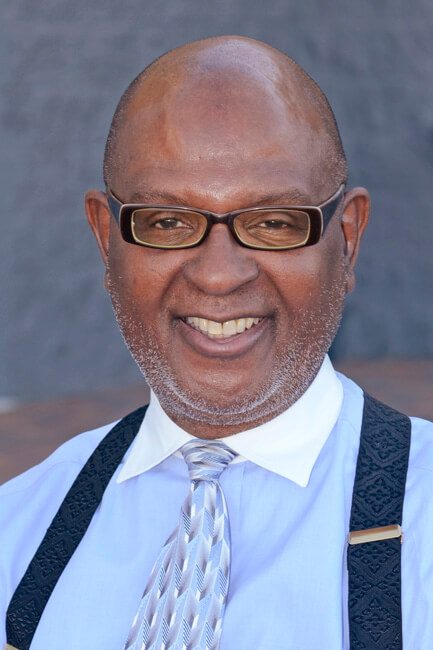
Black Theatre Troupe canceled its 2020-2021 season because of the pandemic, but the experience led to some important insights.
“We realized we need to improve our technology resources and skills,” says Hemphill. The company is increasing its presence on online platforms, in part to help reach new and younger audiences.
Hemphill says there are “some really important changes” coming, from additional new works and one-act projects to partnerships with local arts groups such as BlackPoet Ventures and Teatro Bravo. They’ll also focus more on works addressing mental health.
A new national initiative called The Black Seed is helping to make it happen through grant funding and programs designed to “create impact and thrivability for Black theater institutions.”
The initiative notes that there are close to 100 Black theaters across the United States, most surviving on fewer than three million dollars a year. For fiscal year 2020-2021, Black Theatre Troupe’s budget was just $895,000.

Charles St. Clair, a multidisciplinary artist who’s played a key role in the troupe’s development, urges people to support the cause.
“We have to understand that if we don’t support an organization like Black Theatre Troupe, and I don’t mean just Black people, then we are losing a major, major gift in our own community,” says St. Clair. “It would mean we’re losing the struggle, and we don’t want to lose the struggle.”

